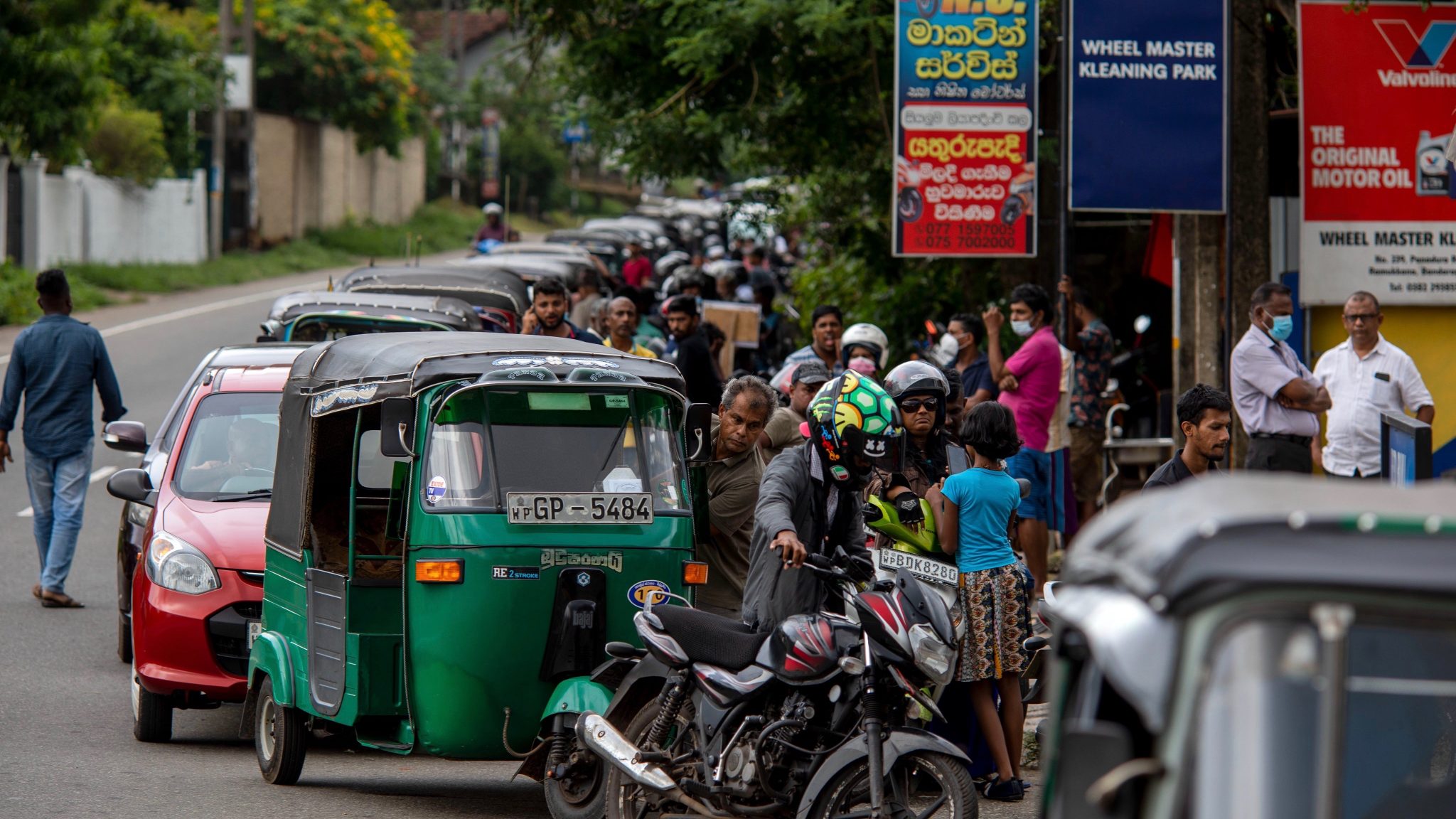The United Nations Human Rights Council (UNHRC) passed a resolution on October 6 calling on the government in Sri Lanka to investigate and prosecute former and current officials in the wake of the violent crackdown against protesters during the worst economic crisis the country has seen in the last seven decades.
The resolution also gives UNHRC the mandate to collect and preserve evidence of alleged war-time human rights violations in Sri Lanka.
Since March 2022, Sri Lanka remains crippled by an unprecedented economic crisis with inflation at an all-time high of 66.7% in the past months. There has been no respite in the ongoing crisis even after the interim government of President Ranil Wickremesinghe was installed following a mass uprising that forced his predecessor Gotabaya Rajapakse to resign.
Humanitarian activists and members of civil society organizations are raising concern that food insecurity on the island is likely to get much worse as the crisis deepens. The situation of the healthcare sector is also a cause of concern. Majority of the state-run hospitals have been forced to stop non-emergency surgeries due to a shortage of medical equipment, antibiotics, and anesthetics.
Meanwhile, Defense Minister Premitha Bandara Tennakoon informed reporters on September 26 about new regulations on restrictions imposed near the high-security zone in capital Colombo. A day after these renewed measures were announced, at least 84 people were arrested by the authorities, evoking widespread condemnation from the public.
Food insecurity
According to an Amnesty report, the World Food Programme and Food and Agriculture Organization have noted that “over 6.2 million people in Sri Lanka are estimated to be moderately acute food insecure, 66,000 people are estimated to be severely acute food insecure and 8.7 million people were not consuming an adequate diet.”
Earlier, in July, the UN Office for Coordination of Humanitarian Affairs (OCHA) declared that “4.9 million people from low-income and food-insecure households required food assistance, including 238,000 pregnant and lactating women.”
The shortage of essential commodities including food, fuel, electricity, and medicines has drastically impacted health, education and work for thousands of people. The crisis continues to cripple the working class, with many now experiencing acute poverty.
As per Amnesty’s report, an estimated 11% of households reported that their income had stopped, while 62% of households said their income had reduced, as of June 2022. Two in five households said their income has decreased by more than 50%. Food inflation in July was recorded to be 90.9%.
Save the Children assessed that “two in three households adjusted their children’s eating habits during the crisis: over half of all children (54%) had to eat less preferred food; over one third (35%) had to reduce their child’s quantity of food intake; and about one in ten children (12%) had reduced the frequency of their food intake.”
While the systemic discrimination against the minority Tamil community has persisted for decades, the ongoing crisis has exacerbated their suffering.





